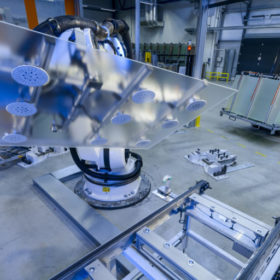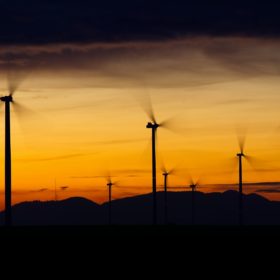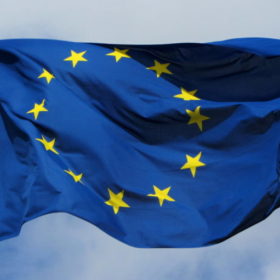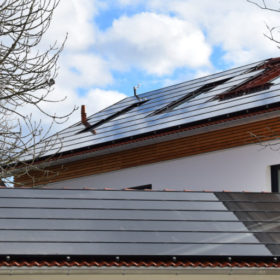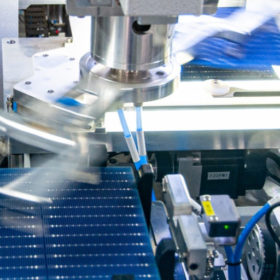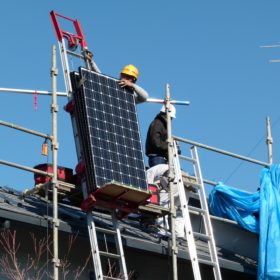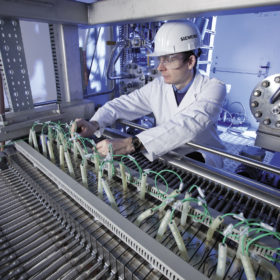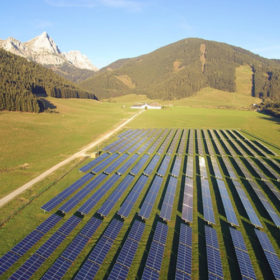German solar glass maker acquired by timber company and start-up innovator
Interfloat Corporation, a European market leader for solar glass, has been bought by Holzverarbeiter HS Timber Group and Blue Minds.
Varying capital costs favor wind over solar in Europe
Differing finance costs across the continent are likely to see wind-rich, high electricity demand nations such as Germany, France, Austria and Belgium forge ahead with renewables at the expense of countries with plenty of sun but where borrowing is expensive, according to a German study.
ERA-Net awards 23 future energy pilot projects across Europe
Under the umbrella of the European Union’s Horizon 2020 initiative, the research platform ERA has initiated a new batch of future energy projects. Looking at the list of winning projects, it is easy to tell that hydrogen, virtual power plant, and blockchain projects are really at the center of what Europe thinks will be important for its net-zero carbon plans by 2050.
Hard times for thin-film PV module makers as Crystalsol and Calyxo file for insolvency
Calyxo, a German cadmium telluride solar module manufacturer, has filed for insolvency for the second time, despite the recent emergence of new prospective investors. Meanwhile, Crystalsol – an Austrian flexible solar panel maker – has also initiated insolvency proceedings, due to losses of roughly €7 million.
Mounting interest in gravity-based storage solutions
Austrian researchers have proposed gravitational energy storage for locations with low demand. The scientists claim the system they are suggesting can be combined with other forms of storage as well as renewables, costs $50-100 per megawatt-hour of stored energy and $1-2 million per megawatt of installed capacity to develop.
Flixbus plans hydrogen buses on long-distance routes
Parent company FlixMobility plans to test hydrogen fuel cell vehicles in Europe.
Energetica begins manufacturing at gigafactory in Austria
The module maker has started producing solar modules at its fab in Liebenfels.
Commercial rooftops will lead renewables growth in the next five years
Although the International Energy Agency’s latest renewables report forecasts impressive solar growth there is still a nagging feeling it has produced conservative estimates and the emphasis on sharing costs with grid operators is predictable.
The slow, inexorable rise of green hydrogen
The International Renewable Energy Association says the integration of hydrogen into the energy transition will not happen overnight and electrolysis costs will not be halved until the 2040s. That hydrogen and related products could revolutionize the world energy landscape, however, is not in doubt.
Austria scraps its sun tax
The nation’s political parties have found agreement on a green electricity package which is expected to create stable conditions for the next three years. From next year, €36 million will be made available annually for the further support of PV systems and energy storage.
